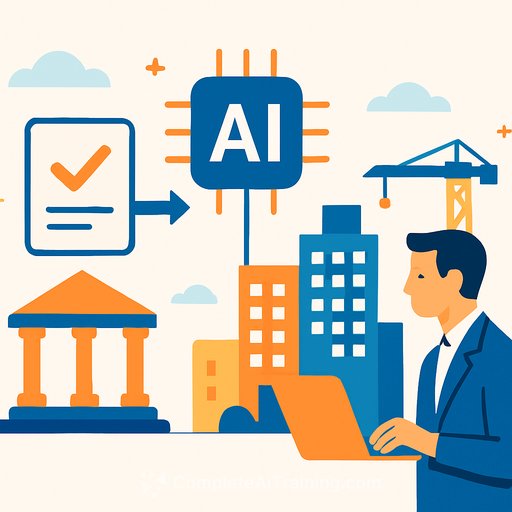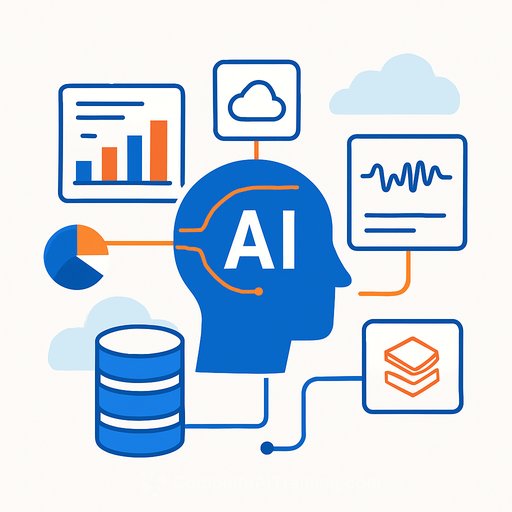NSW Government Adopts AI to Accelerate Major Development Assessments
The New South Wales government is set to implement artificial intelligence to streamline the assessment process for state significant developments, which cover large-scale projects like data centres and housing developments.
The Department of Planning, Housing and Infrastructure (DPHI) issued a tender on September 1, 2025, seeking a ready-to-use AI solution. This technology will assist in interpreting planning documents and cross-referencing data with local planning regulations, aiming to speed up approvals for complex development proposals.
Integration and Implementation Timeline
The AI tool will be integrated into the state significant development application process via APIs connected to the NSW Planning Portal. Implementation is expected to begin in October 2025, with full operational capacity targeted for January 30, 2026.
Enhancing Efficiency While Maintaining Human Oversight
According to Minister for Planning and Public Spaces Paul Scully, this AI system will support planners by handling heavy data processing tasks, while final decisions will remain with human assessors. The goal is to reduce the current average assessment time, which stands at around eight and a half months, with approximately three months spent within government review.
How the AI Solution Will Work
- Analyze submitted documents against state significant development criteria
- Generate draft reports, suggested outcomes, and templates for planners
- Use natural language processing (NLP) and optical character recognition (OCR) to interpret complex and scanned documents
- Identify missing or non-compliant information within applications
- Cross-check applications against relevant policies and legal precedents
- Recommend application outcomes based on historical data from previous developments
- Support spatial assessments through integration with geographic information system (GIS) layers
- Apply predictive analytics to monitor project pipelines, detect delays, and forecast compliance issues
The AI's ability to deliver "document intelligence" is a key requirement, enabling it to extract structured data from complex planning submissions effectively. This approach echoes similar uses of AI in other government agencies, such as the Australian Taxation Office.
Expected Benefits for IT and Development Professionals
For IT specialists and development professionals, this move signals increased adoption of AI in government workflows, highlighting opportunities for collaboration between tech providers and public sector planning bodies. The integration of advanced AI tools will likely reduce bottlenecks in approval processes, potentially accelerating project timelines for data centres and large housing developments.
This initiative also underscores the growing importance of AI skills in sectors related to urban planning, infrastructure, and compliance monitoring. Those interested in expanding their AI expertise can explore specialized training programs to stay ahead in this evolving environment.
For a range of AI courses and certifications relevant to professionals working with AI in planning, development, or infrastructure, visit Complete AI Training.
Your membership also unlocks:





